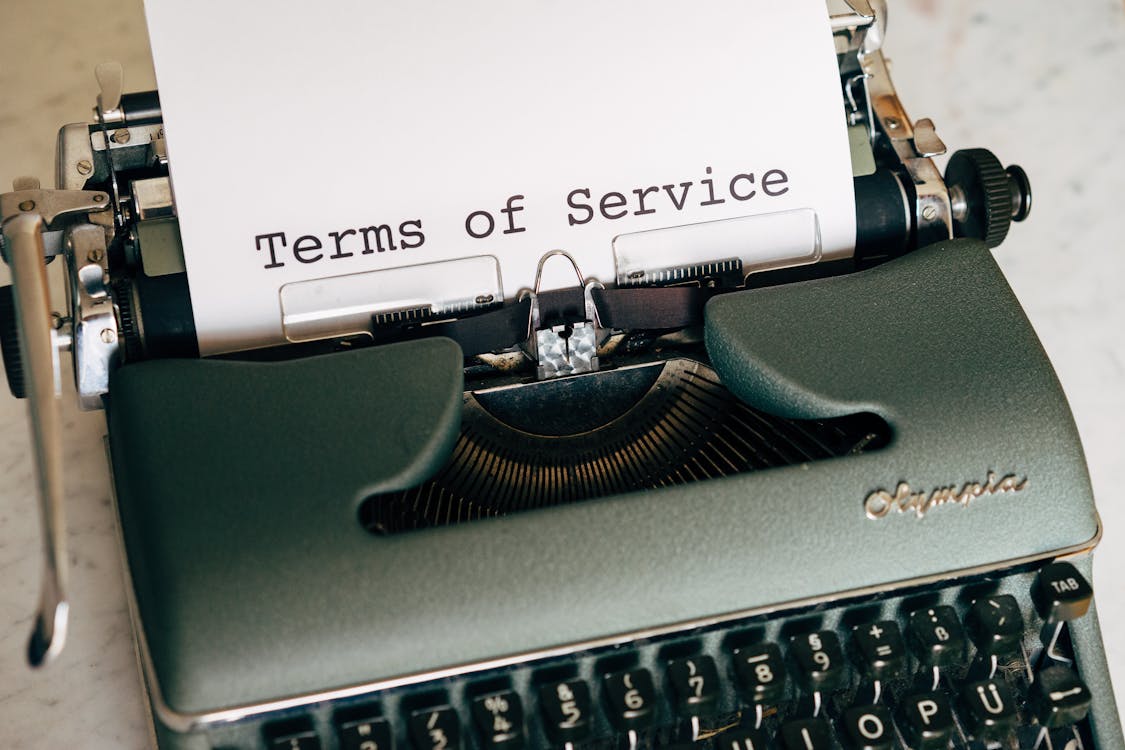How to Read and Interpret Insurance Policy Documents In Kenya: A Comprehensive Guide

Table of Contents
- Introduction to Reading Insurance Policy Documents
- Key Elements of an Insurance Policy Document
o 2.1 Exclusions
o 2.2 Deductibles
o 2.3 Claim Process
o 2.4 Premium Costs - Common Mistakes People Make When Reading Insurance Policy Documents
- Questions to Ask Your Insurance Agent
- Negotiating Problematic Clauses in Your Policy
- Checklist for Reading Insurance Policy Documents
- Conclusion: Get Expert Help from Kifedha
1.Introduction to Reading Insurance Policy Documents
Insurance policy documents are often lengthy and filled with legal jargon, making them hard to understand. However, reading and interpreting these documents thoroughly is crucial to ensuring that you are fully aware of what is covered, what is not, and what your responsibilities are as a policyholder. This guide aims to break down the essentials of reading an insurance policy document, helping you avoid common pitfalls and empowering you to ask the right questions before signing on the dotted line.
2.Key Elements of an Insurance Policy Document
Insurance policy documents generally contain several key elements that outline the nature of your coverage, your responsibilities, and the insurer's obligations. Let’s take a closer look at the most critical parts of the policy.
2.1 Exclusions
Exclusions refer to specific situations or events that your policy does not cover. It's important to read this section carefully to understand when your insurance provider will not pay out claims.
Examples of Exclusions:
- Pre-existing conditions in health insurance.
- Acts of war or natural disasters in home insurance.
- Driver negligence or unlicensed drivers in motor insurance.
2.2 Deductibles
A deductible is the amount you must pay out of pocket before your insurer starts to cover the costs. Higher deductibles usually result in lower premiums, but they also mean you’ll pay more in the event of a claim.
Example:
If your policy has a deductible of KES 20,000, and your claim amounts to KES 100,000, you’ll pay the first KES 20,000, and the insurance will cover the remaining KES 80,000.
2.3 Claim Process
The claim process outlines how you should file a claim and how long the insurer will take to process and pay out your claim. Missing details in this section can result in delays or outright denial of your claims.
Steps in a Typical Claim Process:
- Notify your insurer within the specified time.
- Submit required documentation such as invoices, receipts, or police reports.
- Wait for the claims adjuster to assess the damage or situation.
2.4 Premium Costs
The premium is the amount you pay to keep your insurance coverage active. Premiums can vary based on factors such as the coverage amount, your risk level, and any add-ons or riders you’ve chosen.
Payment Structures:
- Annual: A lump-sum payment once a year.
- Monthly: Spread-out payments, often with a slight markup.
3.Common Mistakes People Make When Reading Insurance Policy Documents

- Not reading the exclusions: Many people assume that everything they need is covered, only to find out otherwise after filing a claim.
- Ignoring the fine print: Skipping over the legal jargon could leave you vulnerable to unexpected costs.
- Underestimating the deductible: Opting for a high deductible to reduce premiums without fully understanding the financial impact during a claim.
- Assuming add-ons are included: Add-ons like coverage for floods or theft may require an additional premium, but people often assume they are standard.
4.Questions to Ask Your Insurance Agent
Before signing any policy document, it’s important to clarify certain aspects with your insurance agent.
Here are some crucial questions to ask:
- What are the exact exclusions in this policy?
- How much is the deductible, and can it be adjusted?
- What is the claims process, and how long does it typically take?
- Are there any additional costs or hidden fees?
- Can I bundle this policy with other coverages for a discount?
- What’s the difference in premium between the basic policy and the one with add-ons?
- Can this policy be customized to better fit my needs?
- Are there any policy clauses that could prevent me from making a claim?
5.Negotiating Problematic Clauses in Your Policy
While many policy terms are set in stone, some aspects of an insurance contract can be negotiated.
Here are a few tips for negotiating clauses that you find problematic:
- Request lower deductibles: If the deductible is too high, ask for a reduction in exchange for a higher premium.
- Ask for add-ons to be included: If an add-on is important to you, ask if it can be included at a discounted rate or for free.
- Discuss exclusions: Sometimes, insurers may be willing to adjust exclusions or offer endorsements (additional coverage) for events typically excluded from the base policy.
- Seek flexible payment terms: If the annual premium is too much, see if you can switch to a monthly payment plan without significant markup.
- Clarify ambiguous language: If any wording in the policy document is vague, ask the insurer to clarify or put it in simpler terms.
6.Checklist for Reading Insurance Policy Documents
Use this checklist as you go through your insurance policy document:
- Review Exclusions: Make sure you understand what is not covered.
- Check the Deductible: Is it affordable if you need to make a claim?
- Clarify the Claim Process: Understand how to file and what to expect.
- Review Premium Costs: Are you comfortable with the payment structure?
- Ask about Add-ons: See if additional coverages are necessary or if they are already included.
- Verify the Coverage Amounts: Ensure they are adequate for your needs.
- Check for Policy Duration: Know when the policy starts and when it needs to be renewed.
- Identify any Policy Exclusions that could impact your coverage.
Conclusion: Get Expert Help from Kifedha
Reading and understanding an insurance policy document can be a daunting task, but it’s an essential one. Make sure you take the time to thoroughly review every section, and don’t hesitate to ask questions if something is unclear.
If you need assistance with interpreting your insurance policy or are looking for the right coverage to suit your needs, Kifedha is here to help. Our team of experts can guide you through the details and ensure that you get the protection you deserve.
Contact us through our contact form, call us on +254791573231 or visit one of our branches across Nairobi, Kiambu, Machakos, and Kajiado counties to explore your financial opportunities to get advice or to procure an insurance cover that meets your needs.
#KifedhaGotYou




Comments ()